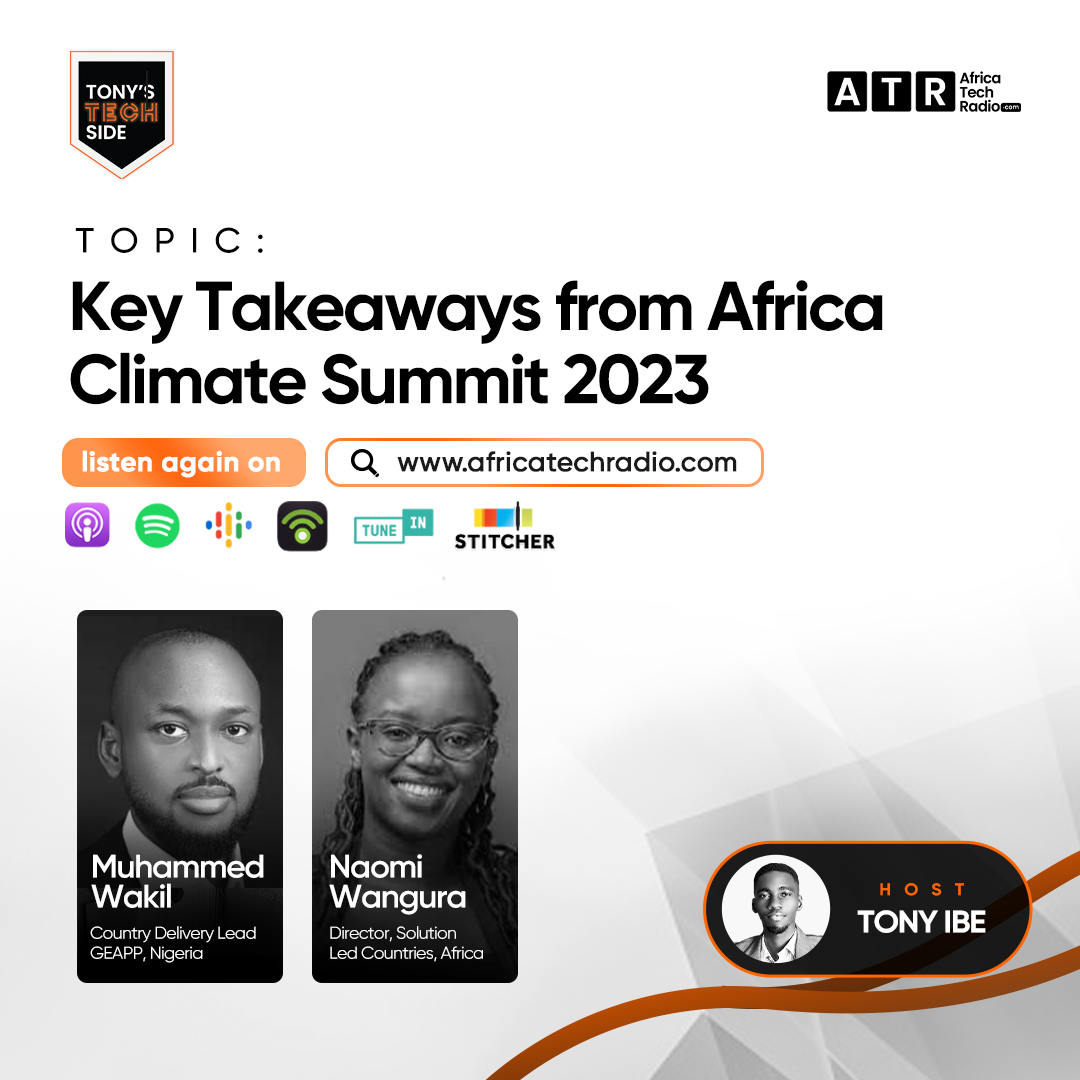From September 4th to 6th, 2023, a historic event unfolded as African Heads of State and Government gathered in Nairobi, Kenya, for the inaugural Africa Climate Summit. After decades of relative silence, Africa emerged as a powerful voice in the global fight against climate change.
Africa, despite contributing only 4% to global emissions, has borne the brunt of climate change’s devastating consequences. From Ouagadougou to Cairo, Arusha to Cape Town, and Ibadan to Mogadishu, the continent has witnessed the harsh realities of climate-related hunger, conflict, disease, and poverty.
Climate activist Chagos Yode once noted that crises like the cattle rustling incidents in Africa often have a climate connection. As of 2023, droughts and floods have wreaked havoc across the continent, exacerbating poverty and suffering.
Before 2023, Africa had been primarily an observer in global climate discussions, but the Africa Climate Summit aimed to change that. The summit provided a platform for African leaders to unite and demand meaningful action on climate change.
In an exclusive interview, Anthony Ibe, the host of Tony’s Tech Side on Africa Tech Radio, spoke with key figures from the summit: Naomi Wagura, Director of Solutions-led countries at the Global Energy Alliance for People (GEAPP) Africa, and Mohamed Wakil, GEAPP’s Country Delivery Lead in Nigeria.
Naomi shared her initial scepticism about such summits, but she was pleasantly surprised by the energy and determination at the event. She noted that there was a palpable desire to move from discussions to action, emphasizing the urgency of addressing climate change.
One crucial outcome of the summit for her was the Nairobi Declaration, which outlined specific measures and commitments to address climate change. Notably, it called for a collective approach to funding climate adaptation and mitigation projects.
Naomi highlighted the importance of African countries speaking with one voice to represent the continent’s interests effectively.
Mohamed, who is based in Nigeria, mentioned the country’s commitment to achieving universal electricity access by 2030 and net-zero carbon emissions by 2060. Despite political transitions, these commitments remain intact, showcasing Nigeria’s determination to develop a greener and more sustainable economy.
Both Naomi and Mohamed acknowledged the legitimate concerns that carbon credits could allow for continued pollution. They emphasized the need for equity and transparency in carbon markets, with a focus on ensuring that capital flows into African solutions that benefit communities.
Looking ahead to COP28, Naomi expressed optimism, emphasizing the significance of concrete commitments, especially from the private sector and development partners. GEAPP Africa has already invested over 200 million in the last 22 months, demonstrating their commitment to financing climate solutions.
Mohamed echoed this optimism and highlighted Nigeria’s plans to create and regulate a voluntary carbon market, potentially providing crucial funding for renewable energy and climate projects in the country.
With the Africa Climate Summit concluded, African nations are gearing up to clarify their messaging and demands for COP28 and beyond.
The summit marked a turning point where Africa asserted its role in shaping the global response to climate change, setting the stage for meaningful action in the years to come.




Post comments (0)